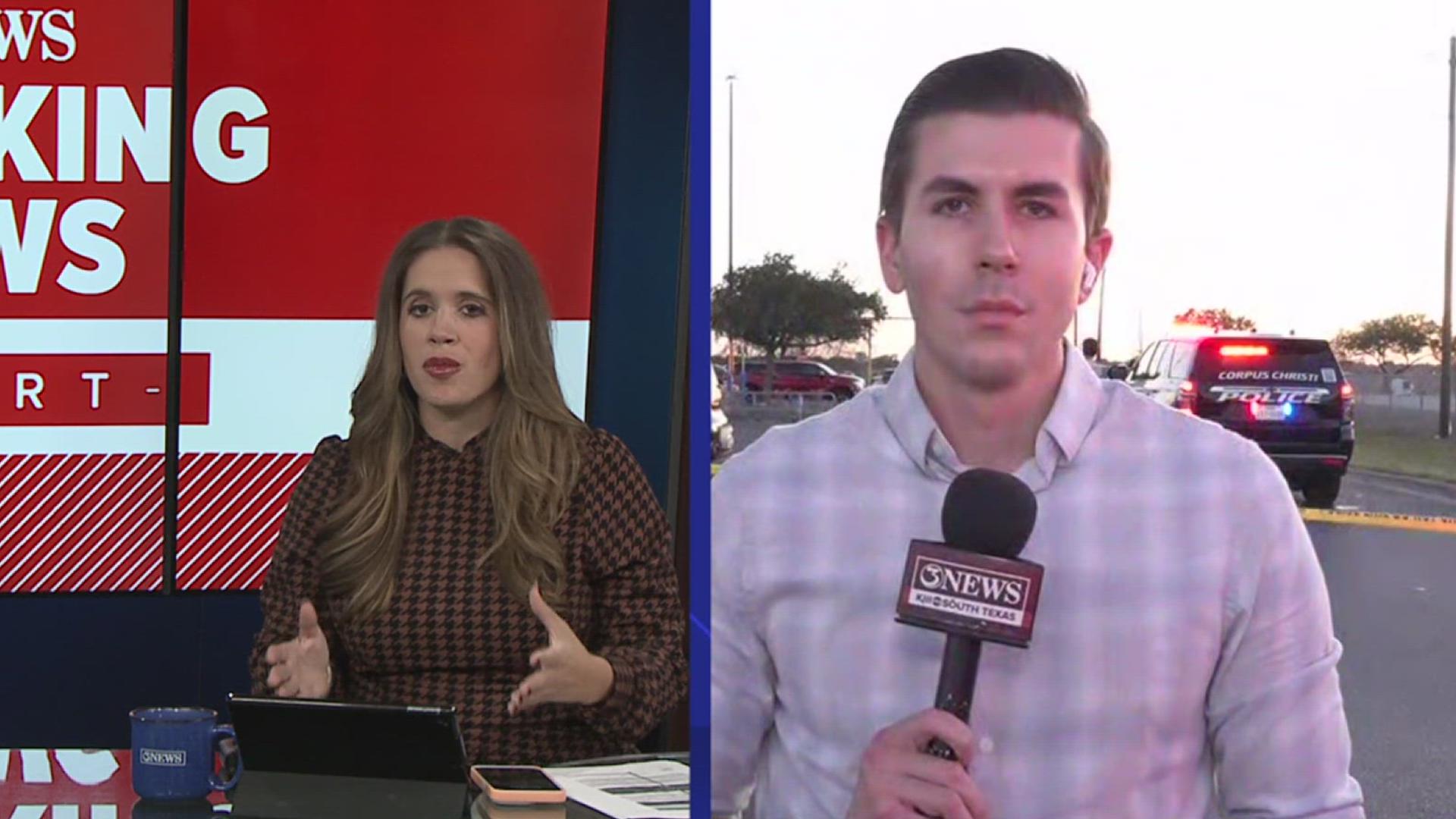As far as one Calallen man is concerned, he experienced a true miracle. He literally was dead and brought back to life last September, with no leftover side effects.
That miracle was helped along by a state of the art treatment that lowers body temperature to prevent damage from a stopped heart.
"This is God's miracle," said Bill Lathrop as he delivered a sermon last weekend at Calallen Baptist Church. "He did the whole thing. I had the easy part. God told me that you lay there and play dead."
Lathrop runs a company called BC Equipment. He's a runner who has taken part in many marathons, and he's also a devout church member who has taken part in many missions overseas.
"I laid down to go to sleep like I normally do, and died," Lathrop said. "And then I woke up two weeks later. Don't remember a thing."
His family is amazed at his recovery.
"On that Monday afternoon, I told my dad goodbye," said Sarah Baugh, his daughter. "He was standing happy and healthy at his desk, and 10 hours later, I was standing at the foot of his bed, not sure if he was going to make it. So going through things like that just really put life into perspective."
Lathrop was the victim of sudden death syndrome, an unexplained stopping of the heart. Emergency workers believed he was lost.
"When they came in and they put EKG on me, I was dead," Lathrop said.
His daughter couldn't believe what had happened.
"We were just in shock," Baugh said. "My dad is a very healthy 55-year old man, and it was unbelievable."
Lathrop has no history of heart disease or other ailments. When cardiologist Dr. Thomas Alexander heard about him being brought into the hospital in a coma, he thought he could help.
"The recommendations are, in that select subgroup of people, if you cool them down rapidly, within six hours of the event, and you keep them cool for 24 hours, and warm them up after the 24 hours, they're more likely -- it doubles the chance of meaningful recovery," Alexander said. "In other words, a lot of the people walk out. People who would have been vegetables in the past."
It's called therapeutic hypothermia -- a treatment that chills the blood, which in turn brings the body down to about 91-degrees and prevents brain swelling and organ death.
Chest pain coordinators at Christus Spohn Hospital Shoreline demonstrated the equipment, which consists of an icy catheter that's inserted through a vein in the groin, and leads to the center of the chest. It then quickly cools the body down.
Lathrop's story has traveled around the world on social media, and has been featured in hospital articles and a church outreach news letter. Medical experts say he is the one-in-99 patients who survive a heart attack without debilitating injuries.
"It just looked like it was not going to be a success story until we got all the way done with the therapy," Registered Nurse Kristine Hungate said. "And it was like 12 hours after therapeutic hypothermia was complete, he opened his eyes and the family was at the bedside, and they were, they were prepared for the worst and here was the best."
While this therapy is not widely available in South Texas, it is offered by two hospitals in Corpus Christi; but according to Dr. Alexander, the key is still to get a heart attack victim to any hospital as soon as possible.
"Calling 911 is key here, because you want them on the way," Alexander said.
Lathrop's family firmly believes his recovery is the result of a higher power. His wife, Cathy, believes someone else took over her body when emergency workers talked her through CPR over the phone.
"I never had a doubt. I really did not," Cathy Lathrop said. "God took over my whole body and absolutely made me do whatever it took to help him come back, and help him survive this."
During his sermon, Lathrop credited his devotion to God as the reason that he's one in a hundred to survive sudden death syndrome.
Therapeutic hypothermia is being used at Christus Spohn Hospital Shoreline and Bay Area Medical Center. Dr. Alexander says heart attack patients can get the therapy by being transferred to a hospital that offers it.

